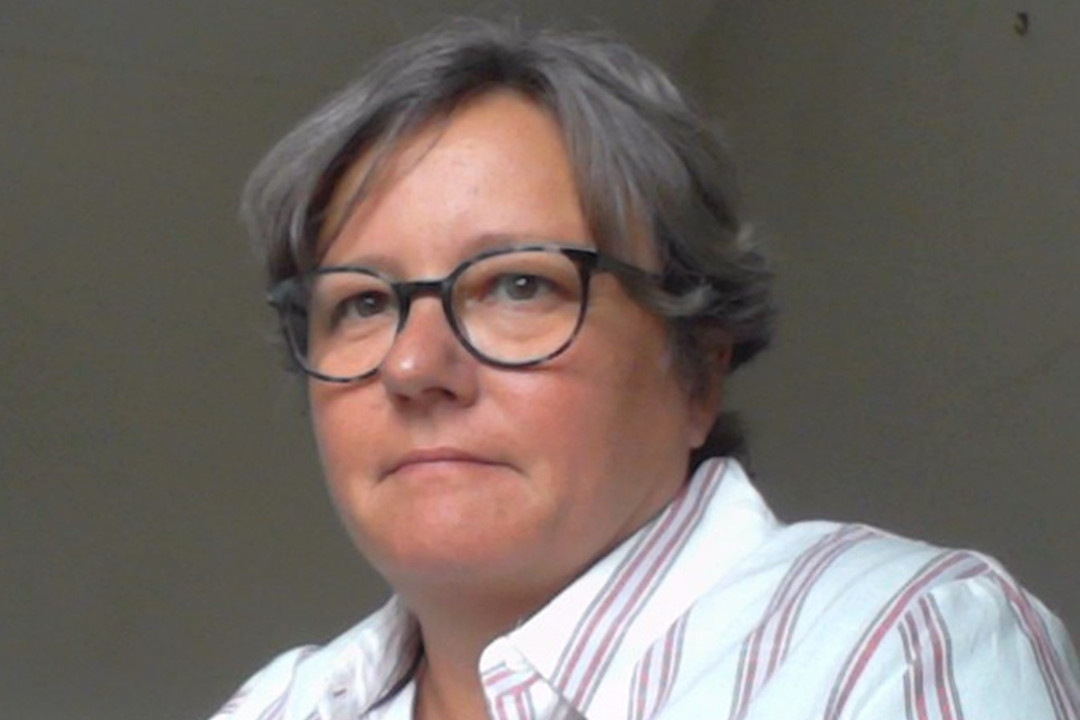University College London

Professor Sally Dawson is a molecular geneticist based at the UCL Ear Institute. Her research group uses advanced genetic and molecular biology techniques to investigate the causes of hearing loss, with a particular focus on age-related hearing loss and otosclerosis.
More recently, she has also started to focus on better understanding the link between age-related hearing loss and dementia.
More about Sally’s work
After completing her PhD in cardiovascular genetics at the Charing Cross Sunley Research Centre, Sally undertook post-doctoral research into the regulation of neuronal (nerve cell) gene expression at the Department of Molecular Pathology, University College London. She developed an interest in hearing research and this culminated in her moving to the new UCL Ear Institute – Sally and eight other UCL hearing researchers successfully applied to the Wellcome Trust for £9m to build it.
Sally has since established collaborations with several clinicians at the Royal National Throat, Nose and Ear Hospital and beyond to recruit patients for genetic studies into hearing loss.
Sally also has a joint programme of research with Jonathan Gale, also at the UCL Ear Institute, investigating how the inner ear responds to stress and what role this plays in different forms of acquired hearing loss. She is also a member of the review panel that advises us on awarding our Discovery Research Grants.
Hearing loss and dementia: finding the link
Read about Sally’s research projectSally’s approaches to hearing research
First, the ear is a very complex system with many different components that are all needed for normal hearing. This means it is difficult to pinpoint which of these components is responsible for the hearing loss in any single individual.
Secondly, accessing the affected tissue for research is normally impossible, so this limits the approaches that can be used. Lastly, and unfortunately, people still fail to grasp the impact of hearing loss and deafness, so far less money is allocated to hearing research than other similar fields. Money really does make a difference in research – there have been so many advances in molecular biology and genetic technologies which have transformed what can be done, but it will require significant and sustained funding to make the breakthroughs that are needed in hearing research.
RNID is the only UK source of funding dedicated to hearing research. Whenever we apply to other funding bodies we are competing against researchers studying other diseases like cancer, dementia and heart disease. To attract large research grants from the government research councils, or the Wellcome Trust, you need to have gathered preliminary results in order to demonstrate that your research idea is a good one. Without RNID funding to help gather this data, new ideas to prevent or treat hearing loss would not get a chance.
I hope it will help us to understand why people lose their hearing. And that this information will, ultimately, allow us to develop treatments or prevent hearing loss.